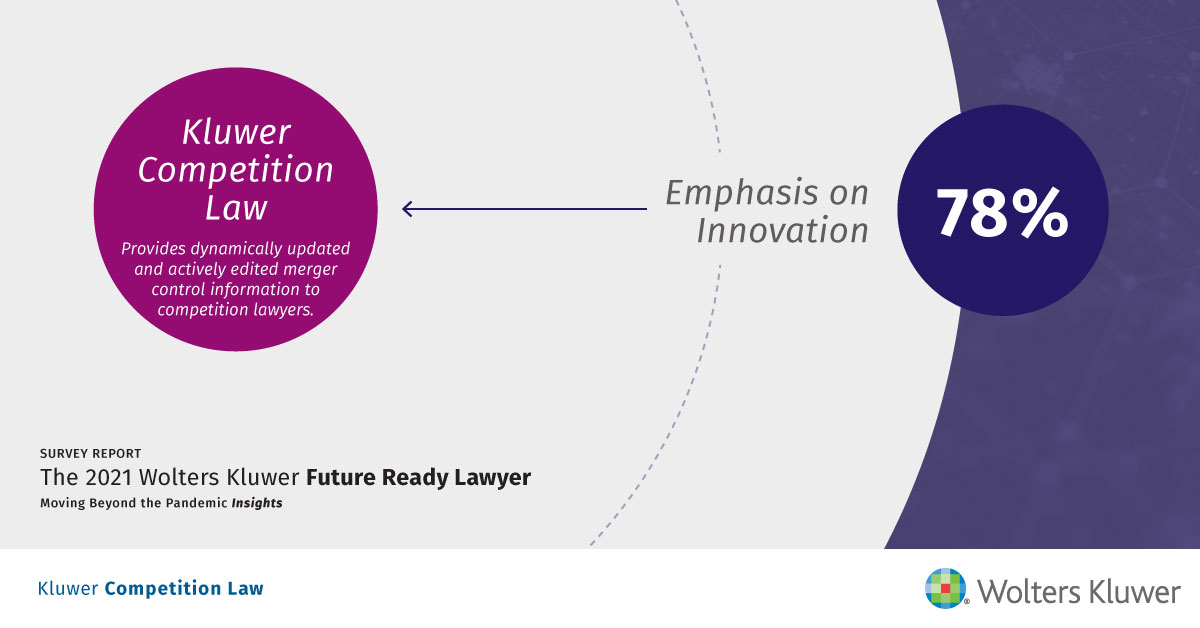World Competition Law and Economics Review Volume 47, Issue 4, 2020
We are happy to inform you that the latest issue of the journal is now available and includes the following contributions:
Pablo Ibanez Colomo, Resale Price Maintenance in EU Competition Law: Understanding the Significance of Super Bock
The Court of Justice (ECJ) ruling in Super Bock is a significant development in EU competition law. The Court’s sui speciis approach to resale-price maintenance was ended by the judgment. The same factors that are used to assess the legality of other practices will be used to determine whether or not this practice is a restriction of competitiveness by object (namely, the content of an agreement, its objectives and the economic and judicial context in which it occurs). It is therefore possible that resale-price maintenance may not be a restriction of competition in certain scenarios. It remains to be seen whether the potential for change will be reflected in subsequent developments.
Malte Frank & Emma Lewis, The European Commission’s Challenge to Consent or Pay: Demystifying the Digital Markets Act?
The European Union’s (EU’s) Digital Markets Act (DMA) was hailed as a new era of digital regulation following a decade of debates on the flexibility of traditional competition law. Article 5(2) DMA mandates that gatekeepers offer users the option to opt-out from data exchanges between their services. This paper examines whether this assumption is supported by an interpretation of Article 5(2) DMA and assesses the risks posed by the EC’s position to the integrity of the DMA and its aim to revolutionize competition law. This paper considers whether this assumption is supported by an interpretation of Article 5(2) DMA and assesses the risks posed by the EC’s position to the integrity of the DMA and its aim to revolutionize competition law.
Thomas Weck, Gatekeeping With Privacy: The Facebook Case, Apple’s ATT Framework and Google’s Privacy Sandbox
Digital ecosystem operators can obtain an unmatchable information advantage with respect to the preferences of platform users by implementing privacy-related regulation and relying on the attractiveness of their core platform services. Privacy-related regulation can violate competition law when it is implemented in an exclusionary, exploitative way. However, this does not mean that following the rules will increase entry barriers or make other online service providers more dependent. Where dominant digital ecosystem operators reap advantages in competition from simply following privacy-related rules in line with the prevailing market standards (in contrast to either deviating from market standards or transgressing privacy rules), the competition issue is one of market structure, not one of anticompetitive behaviour.
Helena Drewes & Alexander Kirk, Extraterritorial Effects of the Digital Markets Act: The ‘elusive long arm’ of European digital regulation
The Digital Markets Act (DMA) will have significant extraterritorial effects: It applies directly – and with the exception of Booking.com currently exclusively – to non-European undertakings. The Digital Markets Act (DMA) may have a significant impact on markets outside the EU single market. It could influence the way other jurisdictions regulate the DMA. In this paper we first assess the conditions in which digital regulation can be implemented outside the EU. We argue that the DMA is able to meet these criteria both in general and for specific obligations. While it is difficult for us to determine which jurisdictions designed the blueprints for digital regulation that inspired others (concerning de jure indirect effects extraterritorial), we found a number of strong reasons in favor of significant de facto additional extraterritorial impacts of certain obligations. Second, we examine whether it is fair for the EU to impose its view of how digital markets work on other jurisdictions. We suggest that direct extraterritorial impacts are legitimate if they have a strong link to the jurisdiction, and if the regulatory competition is fair. This means there is no (significant or significant) asymmetry in power, and the effects are proportionate with the attainment of digital sovereignty. New theories of harm related to the conduct of large tech companies have led to discussions about new digital regulations and digital competition rules. These discussions are based on the self-preferencing cases in competition. Numerous antitrust cases involving self-preferencing have been filed in the European Union (EU), Asia, and particularly in Korea and Japan. We have seen many similarities between the West & the East. There are differences in the way the competition regimes implement the rules. It is timely to analyse the self-preferencing cases in Korea and Japan and discuss the similarities and differences in the dialogues on digital regulations. The importance of business models involving algorithmic changes makes it timely to examine the self-preferencing case studies in Korea and Japan, and discuss the similarities as well as differences in the dialogues about digital regulations. The world has responded differently to these implications and challenges. This paper compares the exante regulations of India’s Draft on Digital Competition Bill and the Digital Markets Act of the European Union (EU). India, like other technologically-aware jurisdictions, is introducing stricter ex-ante regulations to regulate its digital economy. The draft Bill focused on the work of Digital Markets Economy. India’s proposals were defined by an explicit commitment towards ‘pro-competition regulation’. This article compares the emerging design and evolution of the future Indian digital markets regime with that of the EU. The article proposes expanding the competition enforcement through a ‘rule making’ approach in order to reduce market-wide uncertainties, litigation costs and unexpected outcomes. The latter is based on a hybrid-mutual approach and aims to reduce the inconsistencies between the regulatory and the competition bodies in India.




